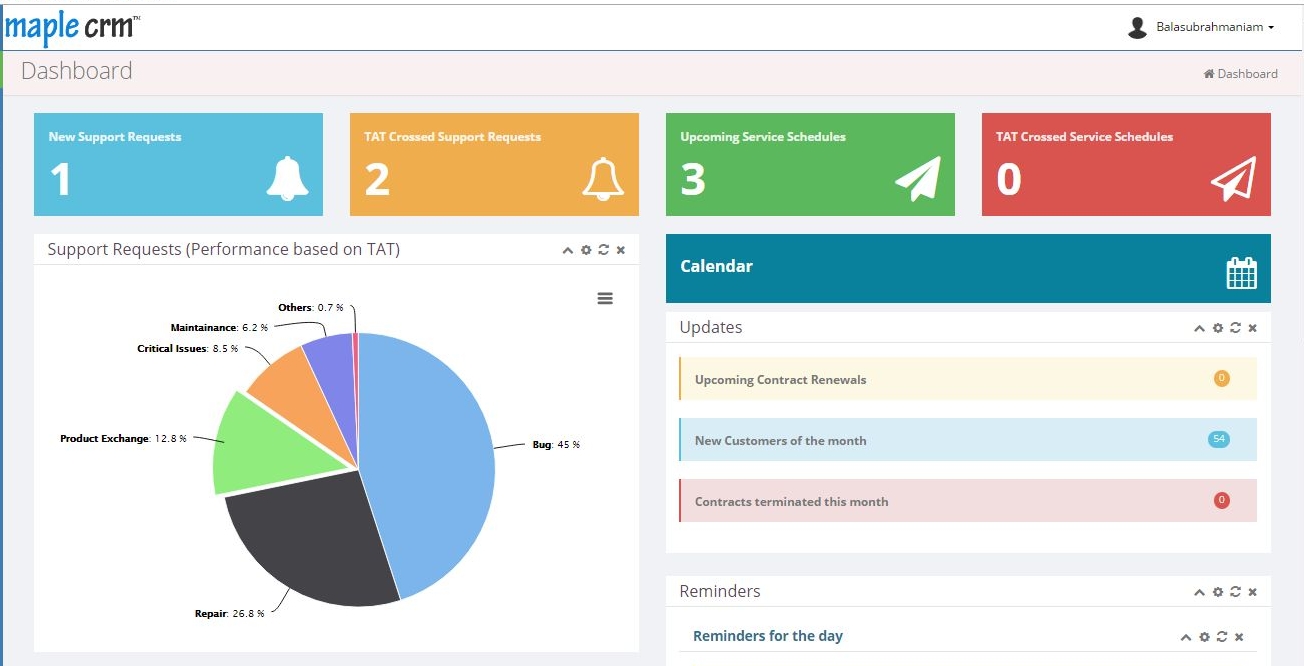Cloud computing has transformed seemingly every aspect of modern business.Research indicates cloud applications and platforms will be at the forefront of IT spending by 2016, with half of all enterprises implementing cloud solutions by 2017. One of the quickest markets to connect with the cloud is customer relationship management (CRM) software.
The advantages of traditional CRM software are well known: tracking sales interactions and identifying patterns can increase profits, and lead to a better, more personalized experience for the customer. But combine it with the advantages of cloud computing and the business benefits are substantial.
Let’s take a look at some of the ways this duo is making a positive impact on business technology.
Lowered Costs- One of the most widely touted benefits of cloud computing is lowered upfront costs. SaaS solutions are subscription-based,. This eliminates the need to purchase licenses and hardware, and can decrease maintenance costs. The vendor takes care of software updates. Additionally, a cloud-based CRM requires no local installation, so it can typically be up and running in a matter of hours.
Improved Productivity- In addition to reducing costs, cloud CRM can lead to increased employee productivity, specifically among sales teams working remotely. Since the software and data are hosted in the cloud, workers can access the CRM outside the office. Meaning sales and marketing teams can work anywhere, anytime. Cloud mobility also facilitates virtual workforces and multinational teams, providing a scalable solution for growing businesses.
Advanced Data and Analytics- Many businesses are turning to cloud CRM for business intelligence. On-premise solutions generally require manual uploading, syncing, and backup, whereas cloud solutions sync in real time. Cloud CRM provides an up-to-date picture of customer data, sales pipelines, invoices, and email. Having access to unified company information allows businesses to organize data and gain accurate insights about inventory, customer leads, and profitability.
Usability- Cloud CRM’s offer numerous benefits. Companies of all sizes can use them to forecast trends, improve efficiency, and increase the bottom line. Cloud computing offers a scalable and affordable CRM solution that enables mobility, real time insights, and native integrations.
The business benefits of a cloud-based CRM could be just the competitive advantage your company needs.





